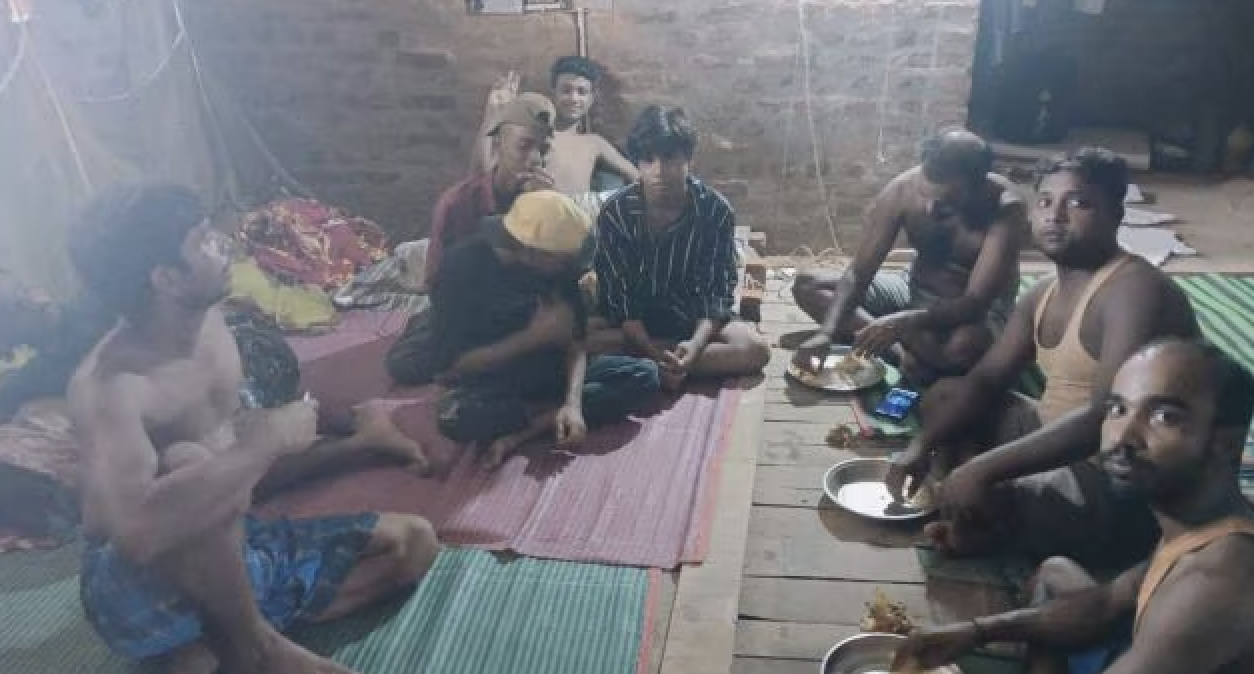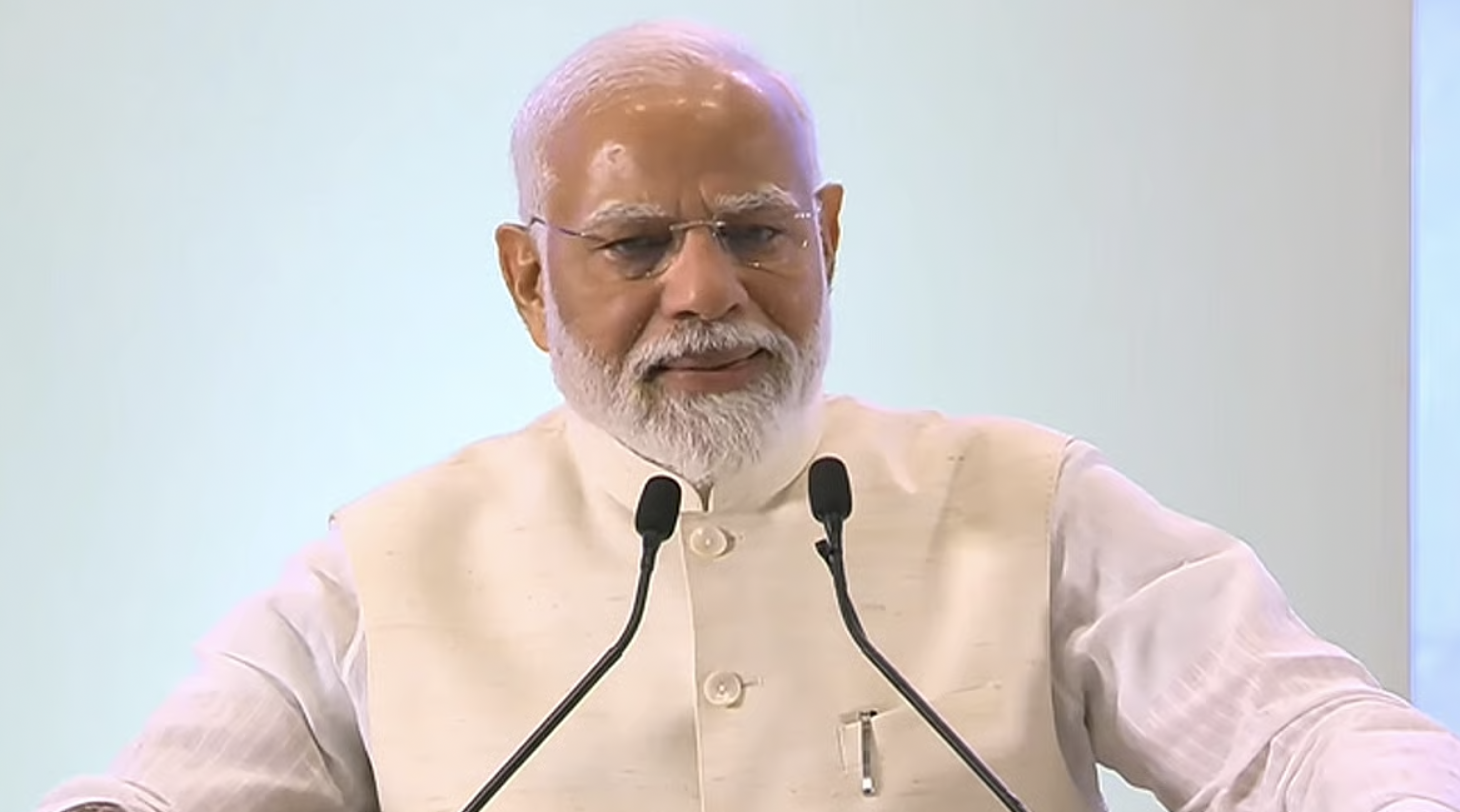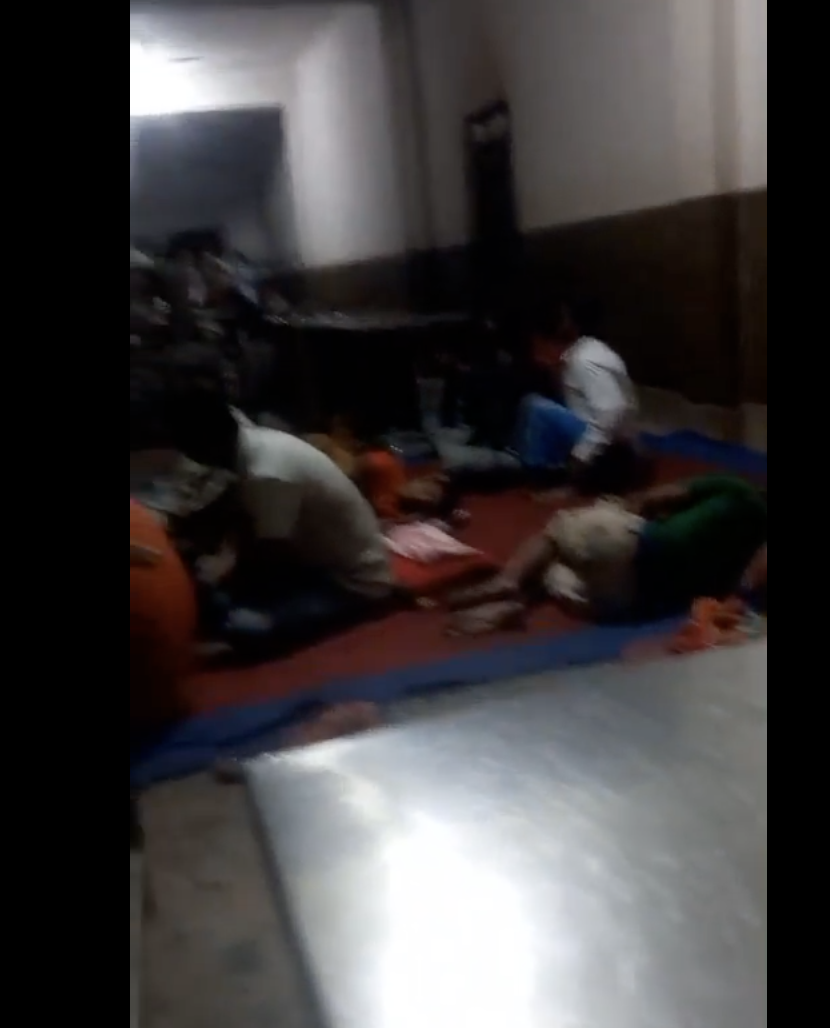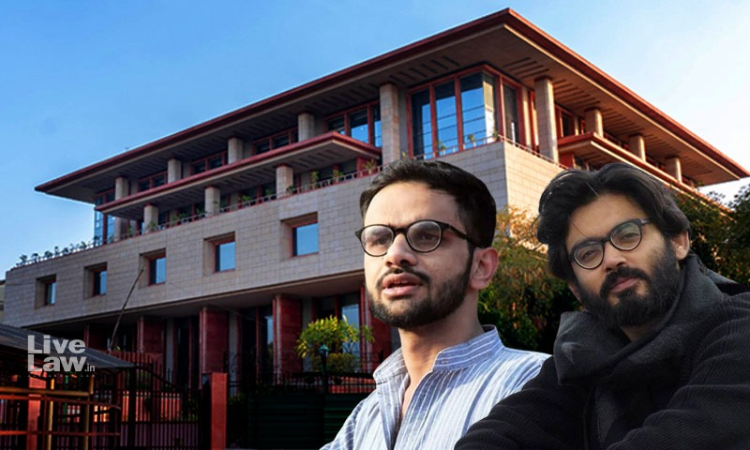
By Sarasvati NT
“If every criticism or protest of the actions of the State is to be held as an offence under Section 153-A, democracy, which is an essential feature of the Constitution of India, will not survive. The right to dissent in a legitimate and lawful manner is an integral part of the rights guaranteed under Article 19(1)(a),” the Supreme Court observed while quashing criminal proceedings against a Professor who had been charged under Section 153-A of the Indian Penal Code (IPC) for posting against abrogation of Article 370 as his WhatsApp status.
What happened?
In 2022, the police in Maharashtra’s Kolhapur district had registered an FIR against Professor Javed Ahmad Hajam, who was teaching at a local college, for posting three messages on his WhatsApp status– “August 5 – Black Day Jammu & Kashmir”; “14th August – Happy Independence Day Pakistan”; and “Article 370 was abrogated, we are not happy”. Javed Hajam had filed a petition before the Bombay HC for quashing the FIR, which was dismissed by the Court in 2023.
The FIR was registered under Section 153-A of the IPC, which criminalises hate speech and any such act or expression that affects harmony and promotes enmity between different groups on grounds of religion, race, place of birth, residence, language, etc. Read more about the Section 153-A here.
Deciding that the petitioner’s words on WhatsApp do not promote disharmony or feelings of enmity, hatred or ill-will between different religious groups, the Court also stated that the police machinery must be educated about the concept of freedom of speech and expression guaranteed by Article 19(1)(a), and other democratic values enshrined in the Constitution.
This story was originally published in medianama.com. Read the full story here.






